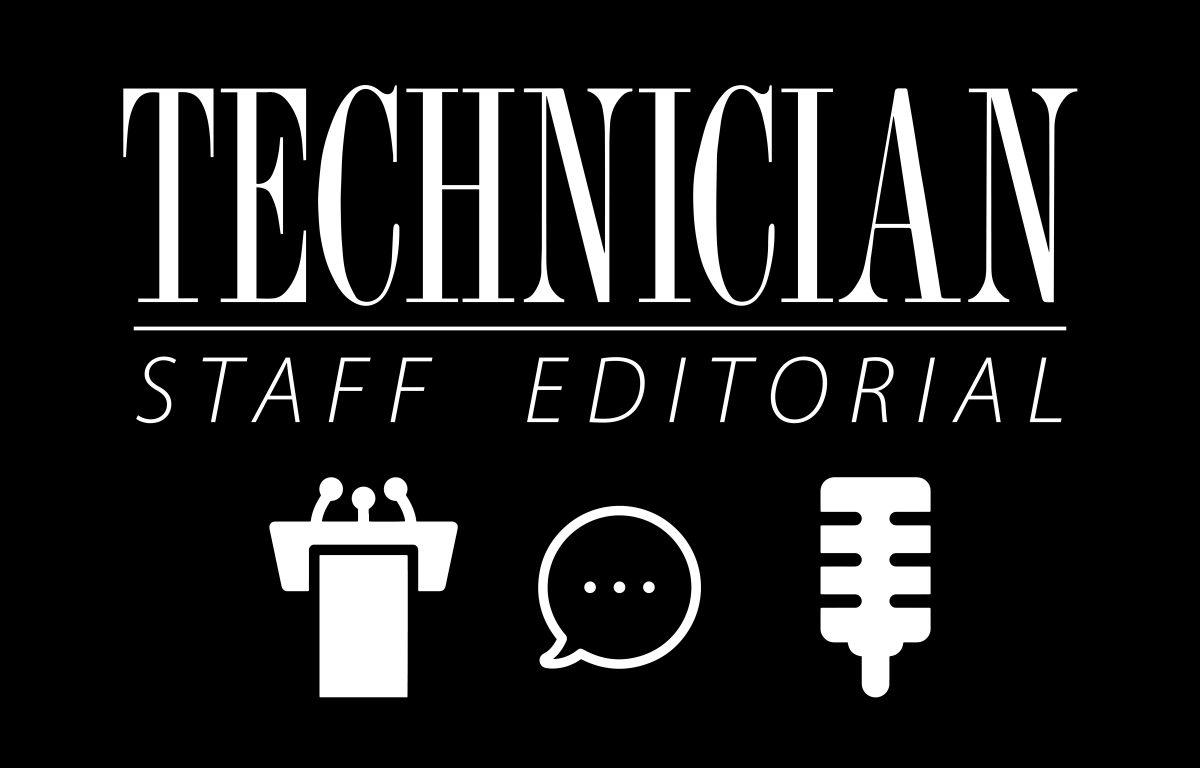Case Dining Hall is the dining hall meant for student athletes and in the opinion of many students, has the best food on campus. Because of this, it was also popular among non-student athletes, some of whom, living in certain dorms, could legitimately eat at Case for breakfast and lunch. But till this year, University Dining didn’t strictly enforce this policy and allowed all students with meal plans to have breakfast and lunch there.
But this fall, University Dining decided to implement the policy, and many students, arriving at Case last Wednesday for breakfast or lunch, were sent away. This triggered a powerful backlash from students, who took to social media to voice their disapproval. Facebook—in particular, the group Wolfpack Students—Twitter, direct emails and phone calls brought the intensity of students’ feelings to the attention of University Dining officials. Within 24 hours, the policy was changed and things were back to normal.
The Technician would like to congratulate the student body for getting what it wanted. But with this event, we would also like to draw attention to a broader, related point—the Case event demonstrated the power students have about University affairs.
Now, having seen that power exists, students should exercise it more. And perhaps for more important matters than the best dining hall food.
After all, there are other serious matters, many of which we ourselves have appealed to students to get passionate about. If Case restricting student access is a cause for protest, then any student should agree that it would also be reasonable to protest tuition hikes. Or class sizes swelling. Or class sections decreasing. Or student fees going toward frivolous endeavors, or endeavors that students outright said they didn’t want to support. Or more and more of what we are taught being modified and diluted for the ends of the private entities the University and professors are becoming increasingly dependent on. The list is endless.
Undeniably, such matters regarding students’ more far-reaching well-being should be on the top of this list. As should be matters relating to the good of the world at large, which may be related to educational issues—such as the sale of N.C. State’s Hofmann Forest—or unrelated matters which students have the power to influence simply because of the students’ numbers and importance to society. (The best example from American history of this would be the student movement against the Vietnam War.)
Unfortunately, though, this has not been the case. For example, far too few students showed up at the May Day March last semester, which was directed toward the State legislature and the budget cuts to the UNC system, which the Technician encouraged students to participate in. But after the Case episode, we are hoping that students have realized their potential (though, just in case they didn’t, we are pointing it out).
Case may now be open, but the case is not closed—students have a lot more battles to pick, and, as they should know now, battles to win.



